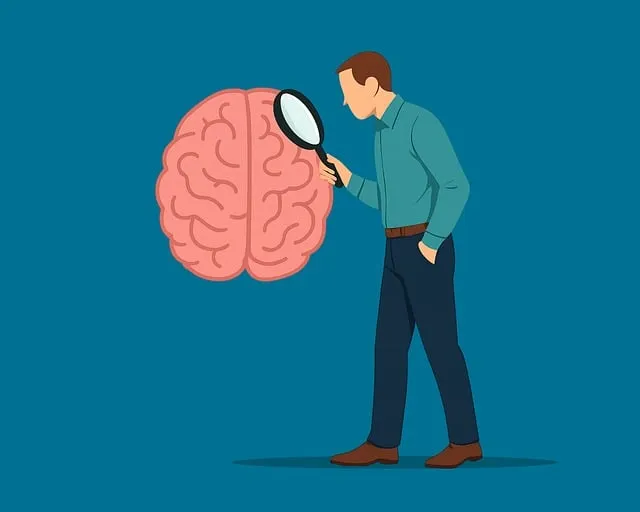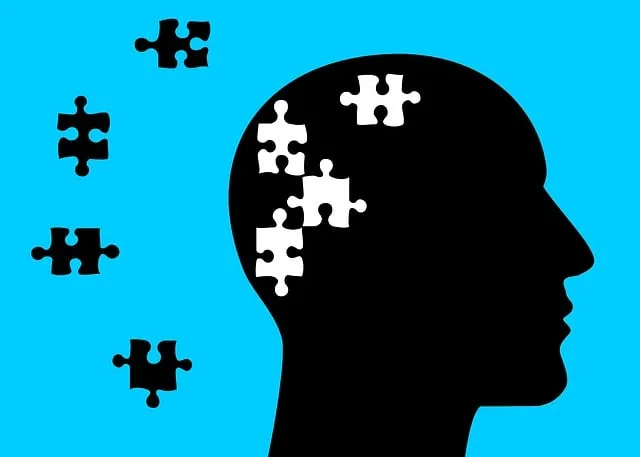Kaiser's Mental Health Services in Centennial prioritize Emotional Intelligence (EI) development through self-awareness, management, social awareness, and relationship skills. Culturally sensitive practices ensure inclusive care tailored to diverse emotional needs. EI enhances communication, risk management, policy analysis, and advocacy, aiming for improved access to quality mental health care. Kaiser offers holistic services from communication strategies to stress reduction methods, recognizing the link between emotional well-being and physical health. Building EI through self-awareness, mindfulness, and counseling empowers individuals to manage stress, regulate emotions, and thrive in personal and professional settings.
Emotional intelligence (EI) is a powerful tool for navigating life’s complexities. This article explores the foundational concepts and growing significance of EI, highlighting its profound impact on both personal and professional realms. We delve into effective strategies for building and enhancing EI, drawing insights from leading mental health services provider, Kaiser, who positions itself at the forefront of addressing mental health challenges in the modern century. Discover how cultivating EI can transform your life and relationships.
- Understanding Emotional Intelligence: The Basics and Its Significance
- Kaiser's Mental Health Services: An Overview for the Century Ahead
- Strategies to Build and Enhance Emotional Intelligence
- The Impact of Emotional Intelligence on Personal and Professional Life
Understanding Emotional Intelligence: The Basics and Its Significance

Emotional intelligence (EI) is a fundamental aspect of human interaction and well-being, encompassing self-awareness, self-management, social awareness, and relationship management. It involves recognizing and understanding emotions in oneself and others, using this knowledge to guide thoughts and actions, and effectively managing relationships. Centenal does Kaiser have mental health services that focus on EI? Absolutely. These services play a pivotal role in fostering healthy and productive environments, both personally and professionally.
In the context of mental healthcare practice, cultural sensitivity is a crucial component of EI. Effective providers must be adept at understanding and respecting diverse cultural perspectives, ensuring inclusive care that addresses unique emotional and psychological needs. Risk management planning for mental health professionals also highlights EI’s significance, as it involves recognizing and mitigating potential risks in therapeutic settings. Moreover, mental health policy analysis and advocacy benefit from EI, as professionals can better communicate and navigate complex systems to improve access to quality care.
Kaiser's Mental Health Services: An Overview for the Century Ahead

Kaiser’s Mental Health Services are a cornerstone of their comprehensive healthcare offerings, poised to navigate the century ahead with innovative approaches. As a leading healthcare provider, Kaiser recognizes the intricate link between emotional well-being and physical health, thereby incorporating diverse mental health services into its portfolio. This forward-thinking strategy ensures that individuals across all ages and demographics have access to tailored support for their mental health needs.
The range of services includes effective communication strategies to foster healthier relationships, stress reduction methods designed to cultivate resilience, and confidence-boosting initiatives aimed at empowering individuals. By integrating these approaches, Kaiser promotes a holistic understanding of emotional intelligence, enabling its members to thrive in an increasingly complex world.
Strategies to Build and Enhance Emotional Intelligence

Building emotional intelligence (EI) is a transformative process that can significantly enhance one’s personal and professional life. It involves recognizing, understanding, and managing one’s own emotions while also empathizing with and responding to others’ feelings. A key aspect of this journey is self-awareness—becoming attuned to your internal experiences, thoughts, and triggers. Regular reflection and journaling can help individuals identify patterns in their emotional responses, enabling them to develop healthier coping mechanisms.
Centennial does Kaiser have mental health services? Yes, Kaiser Permanente offers a range of mental wellness programs tailored to support various needs. These include individual therapy, group counseling sessions, and online resources focused on mental illness stigma reduction efforts. By engaging with these services, individuals can acquire valuable tools for stress management, emotional regulation, and building resilience. Additionally, cultivating mindfulness practices, such as meditation or deep breathing exercises, reinforces one’s ability to stay grounded in the present moment, thereby enhancing overall mental wellness and coping skills development.
The Impact of Emotional Intelligence on Personal and Professional Life

Emotional intelligence (EI) significantly shapes both personal and professional spheres, offering a profound impact on various aspects of life. In personal relationships, individuals with high EI tend to foster healthier connections due to their ability to understand and manage their emotions effectively. This emotional awareness enables them to respond sensitively to others’ feelings, promoting empathy and stronger bonds. Moreover, EI plays a pivotal role in self-awareness, encouraging positive thinking and fostering resilience against stress and adversity.
In the professional realm, Kaiser’s mental health services, for instance, recognize the value of EI as a game-changer. Employees with well-developed emotional intelligence can navigate work environments more skillfully, resolving conflicts constructively and enhancing collaboration. Additionally, EI contributes to better decision-making, leadership skills, and overall job satisfaction, creating a more positive and productive workplace culture. By integrating stress reduction methods grounded in emotional awareness, professionals can thrive even in the face of challenges, demonstrating that cultivating emotional intelligence is a key factor in achieving success and well-being both personally and professionally.
Emotional intelligence (EI) is a powerful tool for navigating both personal and professional landscapes. As Kaiser’s mental health services continue to evolve for the century ahead, fostering EI becomes increasingly vital. By understanding the basics and implementing strategies to build and enhance EI, individuals can improve their relationships, make better decisions, and lead more fulfilling lives. In today’s fast-paced world, investing in emotional intelligence is not just a choice—it’s a necessity.






